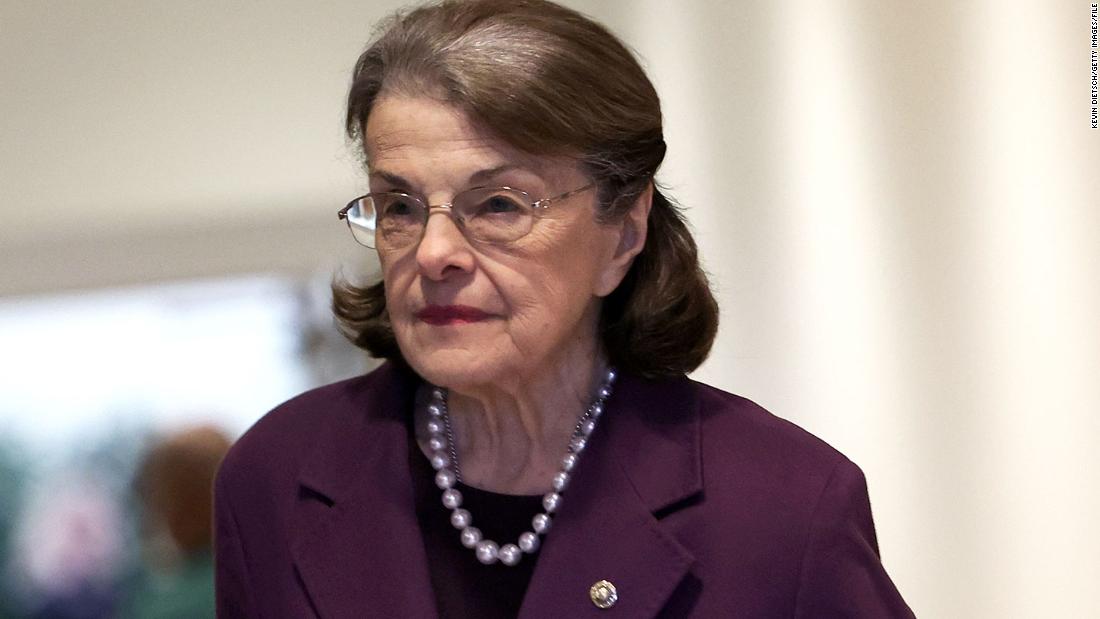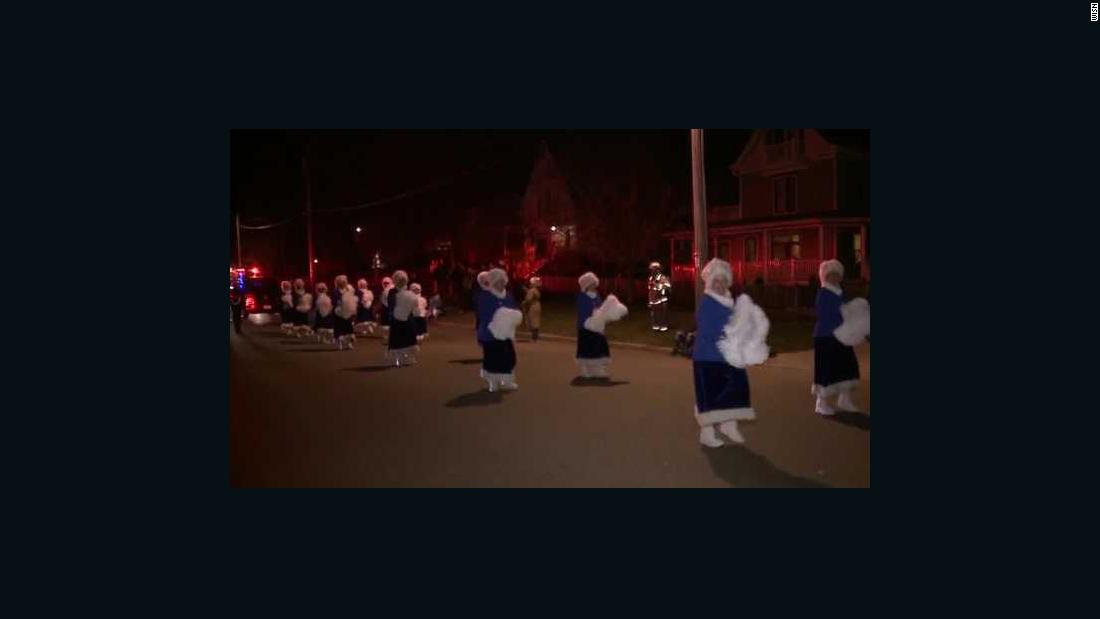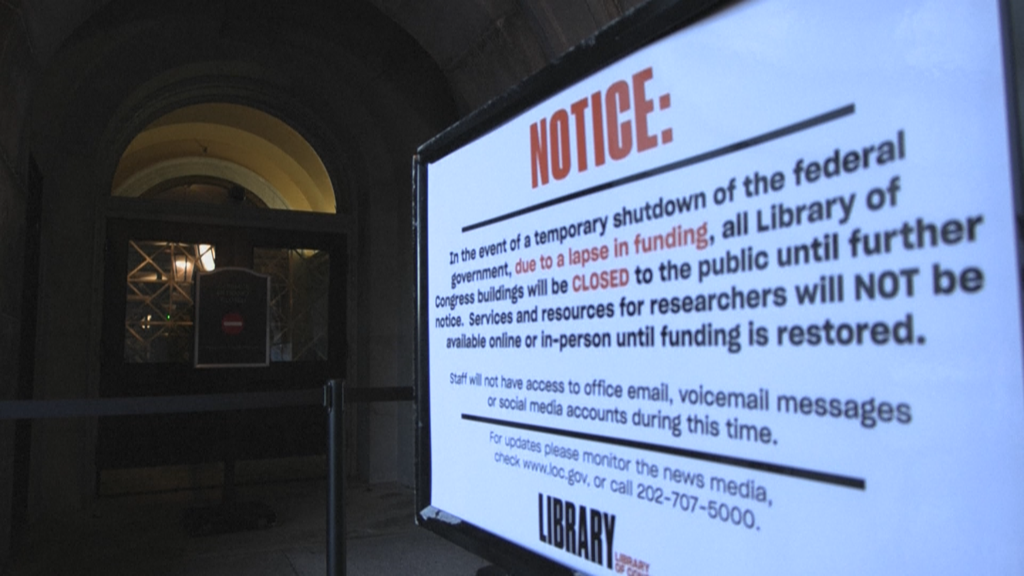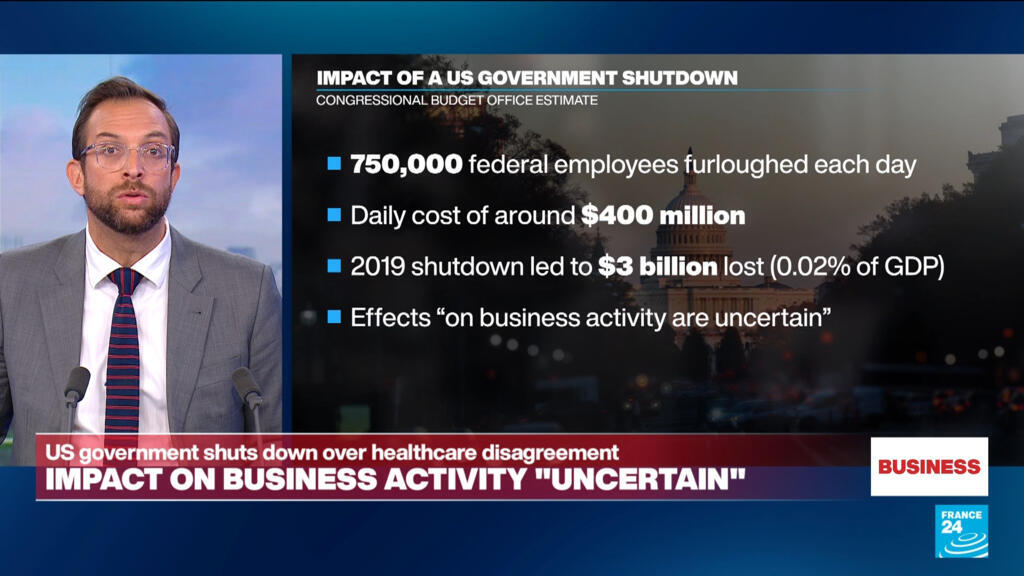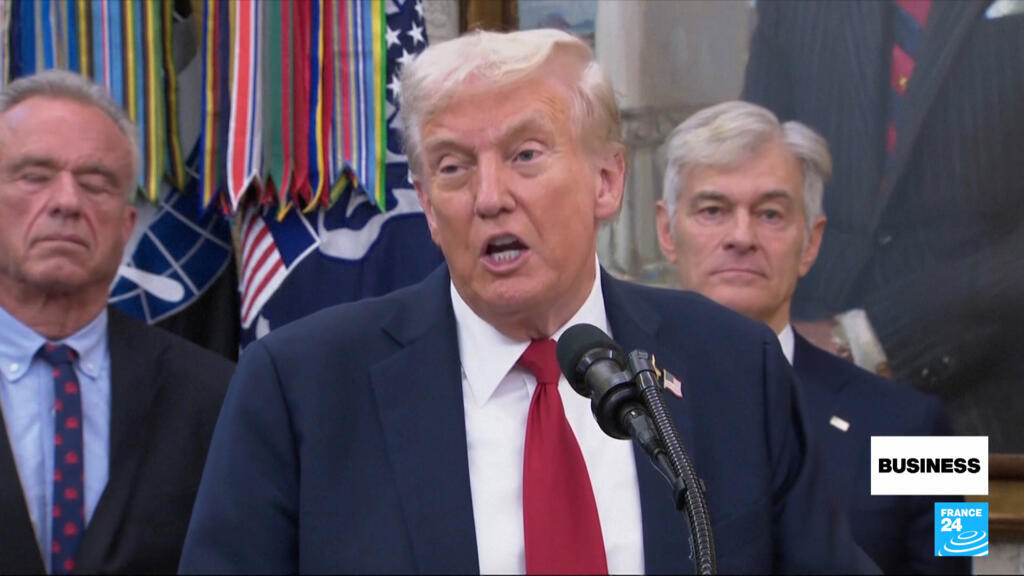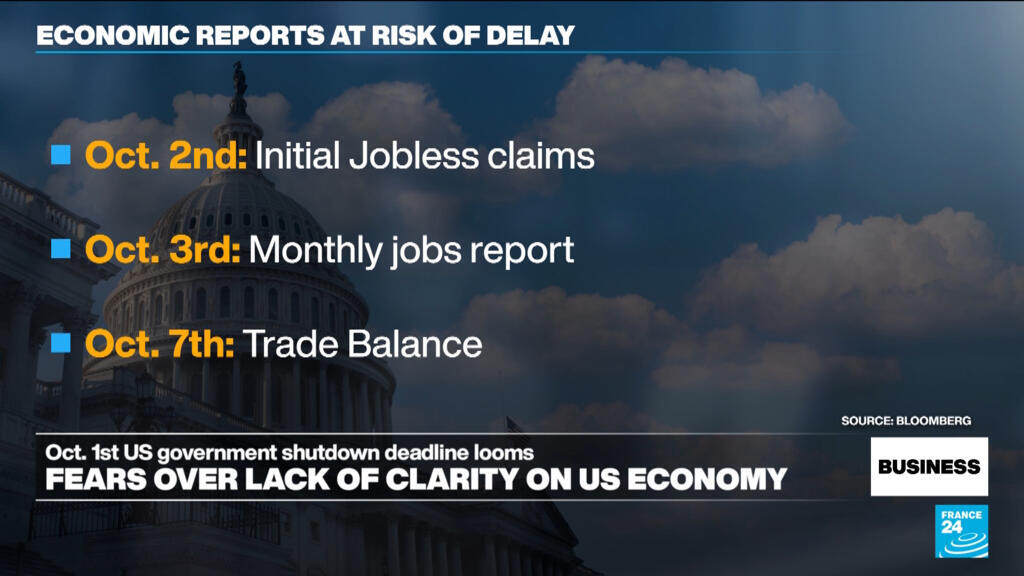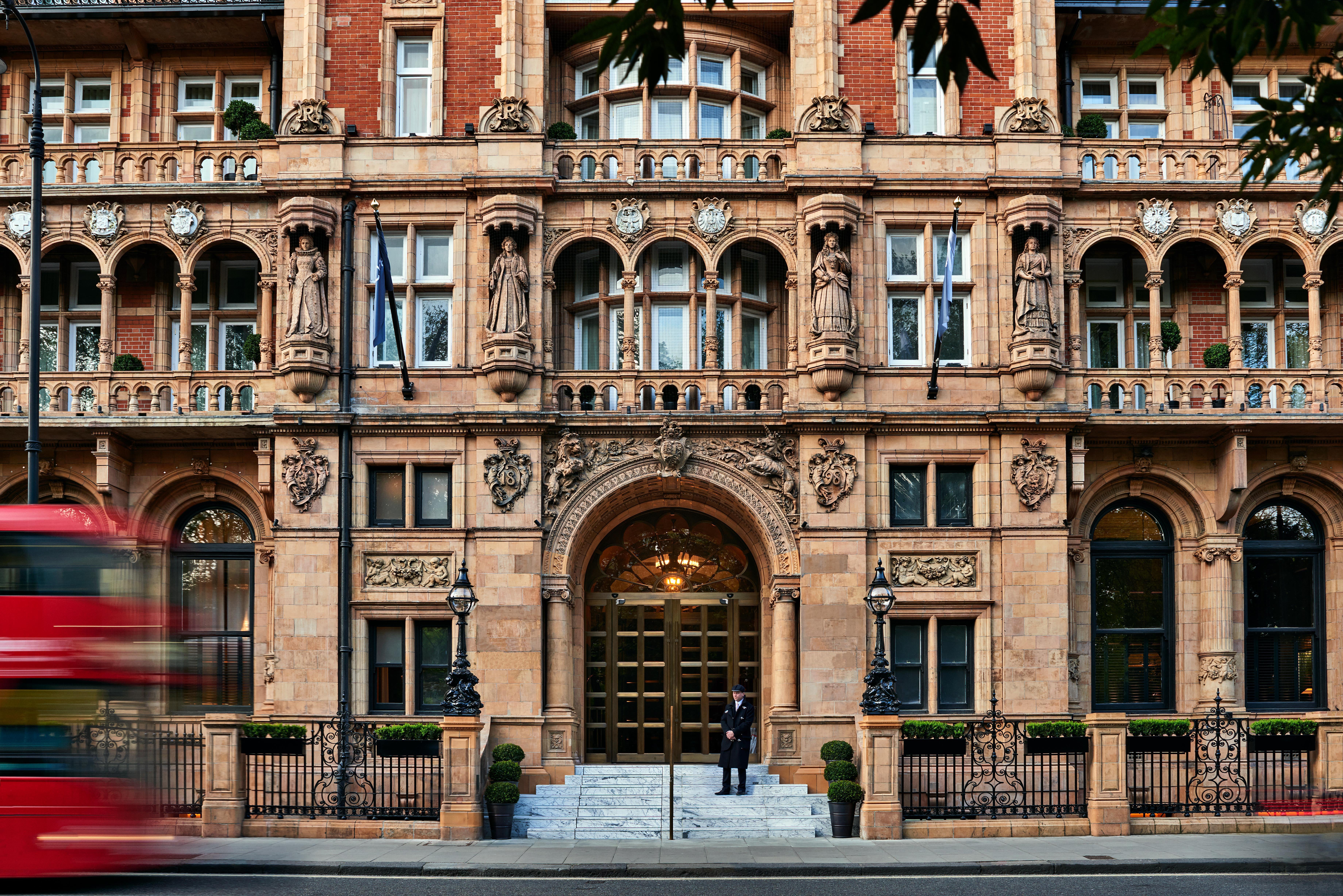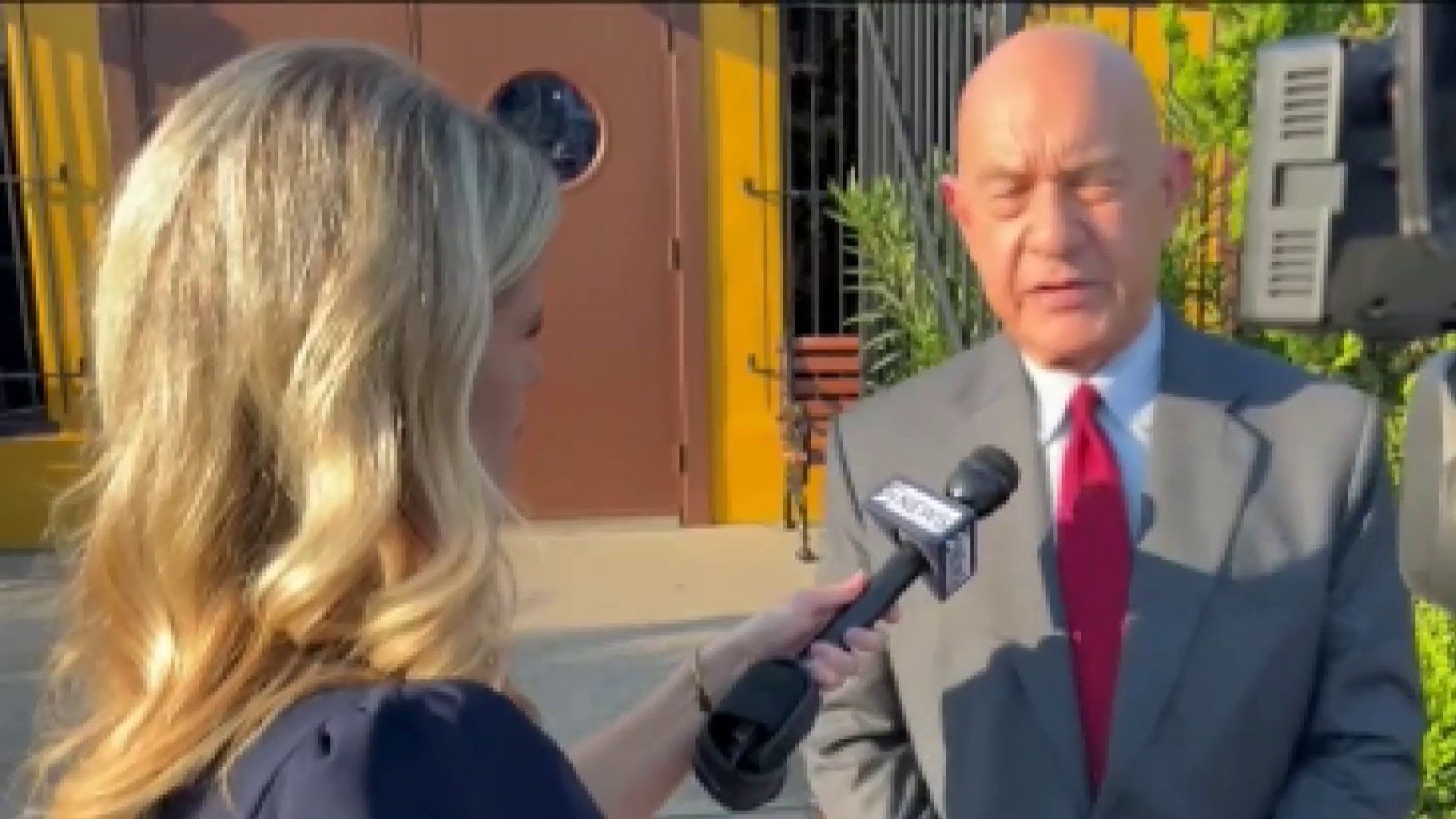Houston City Council Candidates Throw Jabs During Debate
Dwight Boykins, Alejandra Salinas, and Jordan Thomas — all vying to fill former Houston City Council member Letitia Plummer’s unexpired term — debated last weekend on homelessness, immigration, and affordable housing, among other issues. They agreed on some talking points but sparred occasionally, with Thomas and Boykins accusing each other of not having their facts […] The post Houston City Council Candidates Throw Jabs During Debate appeared first on Houston Press.


Dwight Boykins, Alejandra Salinas, and Jordan Thomas — all vying to fill former Houston City Council member Letitia Plummer’s unexpired term — debated last weekend on homelessness, immigration, and affordable housing, among other issues. They agreed on some talking points but sparred occasionally, with Thomas and Boykins accusing each other of not having their facts straight.
The October 4 debate was hosted by the Houston Progressive Caucus, an organization founded last year to support initiatives that benefit “the working class.” The At-Large Position 4 Houston City Council race, which will be decided on November 4, has a crowded ballot with 15 candidates.
Plummer gave up her seat in July when she announced her campaign for Harris County judge. The nonpartisan unexpired term ends January 1, 2028.
Hopefuls who weren’t invited to join last weekend’s debate but wanted to raise awareness about their campaigns were permitted to attend the event, pass out literature, and share why they’re running.
Candidate Ethan Hale spoke about his effort to recall Houston Mayor John Whitmire. Kathy Tatum highlighted her efforts to provide services for veterans, domestic violence survivors, and homeless people. Cris Wright said working-class Houstonians need a seat at the table when decisions are being made that affect their lives.



But the spotlight was on Boykins, a former Houston councilman; Salinas, an attorney and member of the LGBTQ community; and Thomas, a former chief of staff for council members Plummer and Amanda Edwards.
Much of the hour-long debate focused on homelessness. A recently-approved Houston “civility ordinance,” characterized by opponents as the criminalization of homelessness, prohibits people from gathering and sleeping on sidewalks 24/7 in the Central Business District and East Downtown.
Since the ordinance went into effect in July, more than 500 citations have been issued to homeless people. Most don’t have the ability to pay those tickets, and they can be jailed for failure to appear in court. Mayor Whitmire has said the initiative is a multi-pronged, $70 million-per-year approach to get the unhoused into permanent supportive housing via a “superhub” on Emancipation Avenue.
Salinas said she commends Whitmire for pushing a “housing first” initiative, “but where it goes too far is jailing people for being unhoused.”
“I grew up with a mother who had mental health and addiction issues, and I can’t imagine having to battle those issues while being unhoused. I think it is unconscionable to put people into those positions. We should provide housing first. We should not be jailing those people. As everyone in this room knows, it is more expensive to jail them than to give them housing.”
She added that the most important metric is the number of people who are given self-sustaining tools, rather than a count of those who are housed for a night or a week.
“One year after we provided those resources, do they have stable housing?” Salinas said. “And if not, we need to go back and re-evaluate because we’re doing something wrong.”
Thomas said he has a serious problem with Whitmire’s “anti-progressive” approach to homelessness. About 2,000 beds are available for the homeless, and about 3,000 unhoused persons are counted every year, he said.
“The idea that we would put forth the ordinance to effectively criminalize them, before we solve the missing beds, is unconscionable,” he said.
Boykins said he has visited the Haven for Hope development in downtown San Antonio that provides services and beds for the unhoused, and allows them to sleep in a guarded courtyard if they prefer.
Tenants have to check in and take steps to find employment. There are challenges, though, because most people don’t want that kind of campus in their neighborhood, and some homeless people choose not to accept services, he said.
In response to a reporter’s question, Boykin said that, when serving on a panel with 16 council members and a strong mayor form of government, it’s challenging for one person to “undo” what they consider to be bad policies of the recent past.
“What you can do is disagree and look at better ways during the budget cycle to introduce an amendment or whatever you need to do,” Boykins said. “I served with two mayors, and I think that Mayor Whitmire, in my opinion, has come across as trying to do the right thing, whether he’s doing it or not, and not making it political.”
“What I see in Mayor Whitmire, from my back row, because I’m not at the horseshoe, is a mayor that’s allowing the council members to be creative and work with him,” he added. “I’m not going to say that we need to undo what he’s done.”
Thomas, a self-described project manager who connects the nation’s power grids, leaned heavily on his expertise as a chief of staff at City Hall and said Houston is at a crossroads where it can continue to do business as usual, being a petrochemical city with urban sprawl, or it can embrace the future.
Salinas noted that she served as a youth organizer for former President Barack Obama and has received endorsements from major labor unions, including UNITE HERE Local 23, which is currently on strike at Hilton Americas-Houston as employees advocate for higher wages.
According to her campaign website, when Salinas was president of the College Democrats of America, she came out as an LGBTQ Latina on national television during the 2012 Democratic National Convention. She said at Saturday’s debate that she would support resurrecting a version of the Houston Equal Rights Ordinance, which banned discrimination and was repealed by voters in 2015, if that is “what the community wants.”

Boykins highlighted his service representing District D on the Houston City Council from 2013 to 2019, under Mayors Annise Parker and the late Sylvester Turner. He was on the council when Hurricane Harvey ravaged Houston in 2017 and has navigated budget deficits, Boykins said.
Things got heated when Boykins suggested using Tax Increment Reinvestment Zone funds to purchase land, allowing people to build affordable homes on city-owned properties.
“When developers come to us and talk about supporting a tax credit that the council member and the state rep have to approve, we have to make certain we have some type of tool in place to be able to say, to see this credit, you have to reduce a percentage of your units by this amount of money,” Boykins said. “We can have all these great ideas but that’s the only way it’s going to work.”
Thomas said the District D TIRZ, which Boykins represented when he was in office, “is one of the most corrupt TIRZs in the city.”
“The executive director who was over that program, who was buying those lots, was accused of stealing $8 million in the District D TIRZ,” Thomas said. “There’s a higher concentration of vacant lots in District D than in any other stretch of area in our city.”
It was widely reported in June 2024 that Midtown Redevelopment Authority’s former real estate manager Todd Edwards was arrested and charged, along with two vendors, for allegedly misappropriating $8.5 million in public funds meant to build affordable housing in the Third Ward. The charges were filed by former District Attorney Kim Ogg; Edwards has not yet been tried or sentenced.
Boykins implied that Thomas didn’t know what he was talking about.
“Please verify what you’re saying before you make those kinds of statements,” Boykins said. “You were a city council aide. You were not the council member. You didn’t know what was going on with that, Jordan, and now lawyers do. Be careful what you’re saying, sir.”
Thomas replied, “So the Houston Chronicle doesn’t know what they’re saying? They reported it in their paper.”

Thomas spoke extensively on the need for affordable housing as a moderator pointed out that Houston renters are spending more than 30 percent of their monthly income on housing, and homeowners’ insurance recently spiked 18 percent, pricing people out of their homes.
Thomas said he wants to “reclaim public land for public good,” starting in Third Ward.
“I support a plan to transfer hundreds of vacant lots held by the Midtown Redevelopment Authority to the Houston Land Bank and Houston Community Land Trust,” Thomas says in an open letter on his campaign website. “These public lands were supposed to fight displacement but instead they’ve been left to rot. I’ll fight to make them permanently affordable and governed by the community.”
Increasing affordable housing also boosts the city’s tax base, Thomas said during the debate.
Salinas talked about working with partners and finding practical solutions, such as making sure the permitting process is streamlined and costs are reduced so those expenses aren’t passed on to homeowners.
“We should be thinking about affordability not just for those who have the most need but also for the middle class, making sure our teachers and firefighters are not priced out of living inside the city of Houston when they’re servicing the city,” she said.
The candidates agreed that Houston’s tax rate is relatively low, but attention should be given to how the tax dollars are spent.
“We’re not bringing in enough revenue,” Salinas said. “One of the main things I want to fight for if I’m elected is increasing the resources we put toward grant writing. There is not a grant coordinator in the city, and as a result of that, sometimes we have departments that are applying for the same grant. We’re losing out on potentially billions of dollars that other cities like New York, L.A. and Chicago are fighting for because we’re not making those meaningful applications.”
Immigration also came up during the debate. Mayor Whitmire has been criticized for directing HPD to “collaborate” with Immigration and Customs Enforcement; he says he’s just following the law. Houston police officers have said they do not inquire about anyone’s immigration status when interacting with the public.
Salinas said her great-grandfather came to the United States from Mexico and she is “only here because of the American dream story.”
“I learned recently that one of my relatives, who is a U.S. citizen, was detained for several hours,” she said. “What ICE is doing is not in any way acceptable. We cannot just stay silent and hope that Trump will not come for Houston. He will come for Houston, and we need to be ready to fight. We need to be ready to fight strategically. We need to be ready to bring lawsuits.”
Thomas said President Donald Trump is a threat, and “what’s worse is the silence that we’re hearing from City Hall on this issue.” States are ignoring a general police order that says undocumented immigrant status is not a matter for police action, Thomas said, noting that if elected, he would ensure that order is codified into law.
“This is not just going to happen to undocumented immigrants,” he said. “It is coming for anyone who has contrary views to this administration.”
Boykins said Houston is the most diverse city in the country and there’s no reason why the White House should be breaking up families for political reasons. He said he would take a strong stance against it if he became aware that Houston police were using city resources to separate families.
Thomas asked for a rebuttal to Boykins’ statement on immigration, saying, “The truth is important,” but was not permitted to finish his statement.

The Houston Progressive Caucus, co-founded by Anthony Rios and former Texas Senate candidate Karthik Soora, chose the three candidates to debate based on their social media visibility, fundraising strength, substantive endorsements, and functioning campaign infrastructure.
“We also considered whether they had participated in progressive organizing or aligned with working-class issues that matter to Houstonians — from affordable housing to labor rights,” Soora told the Houston Press.
“We’re still a young organization, and we’re still trying to thread the needle between ruthlessly building progressive power and creating a culture of inclusion and democratic participation,” he said.
The post Houston City Council Candidates Throw Jabs During Debate appeared first on Houston Press.






